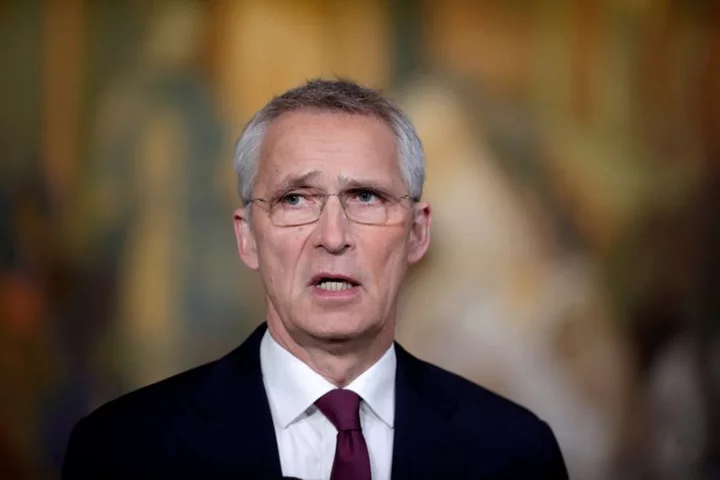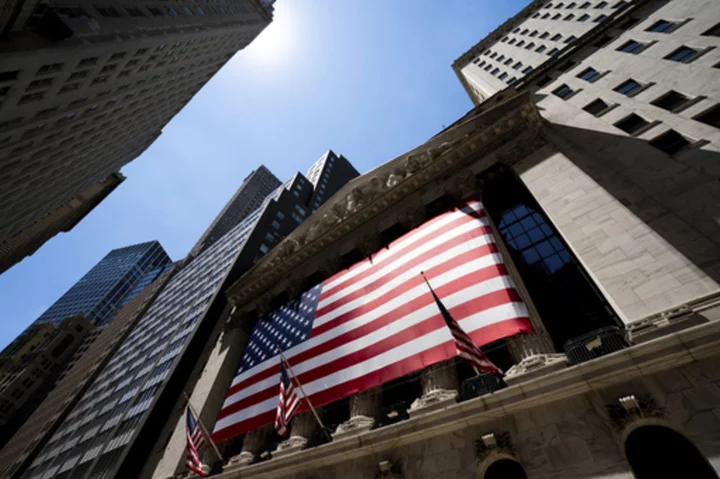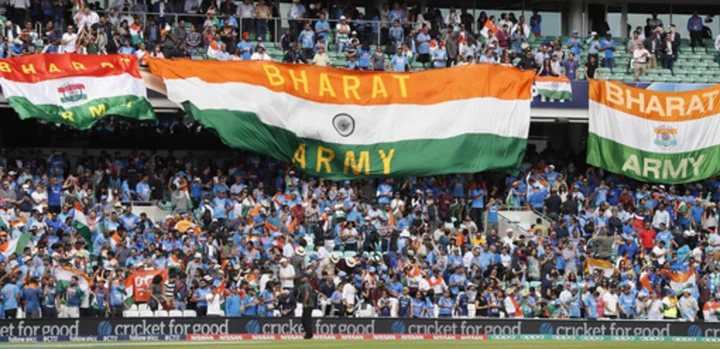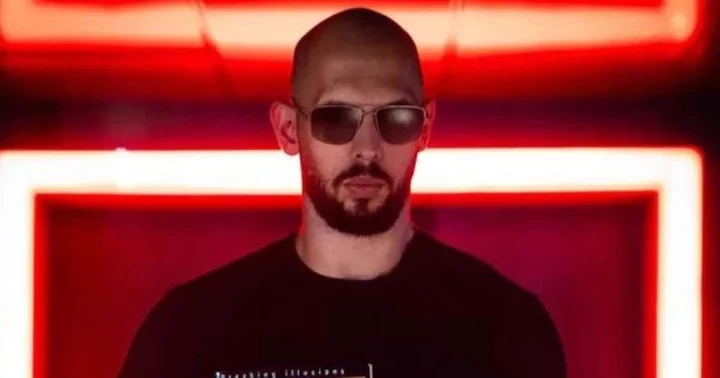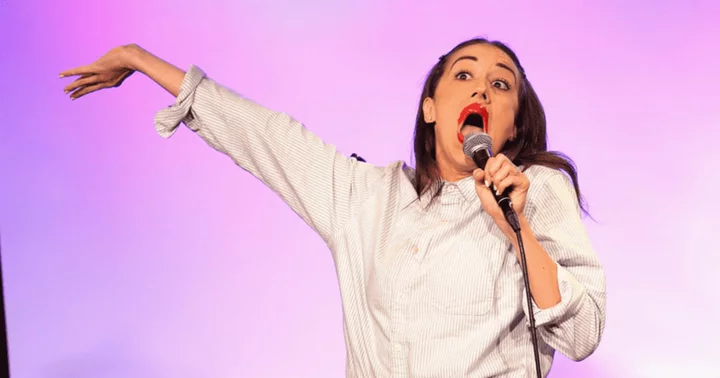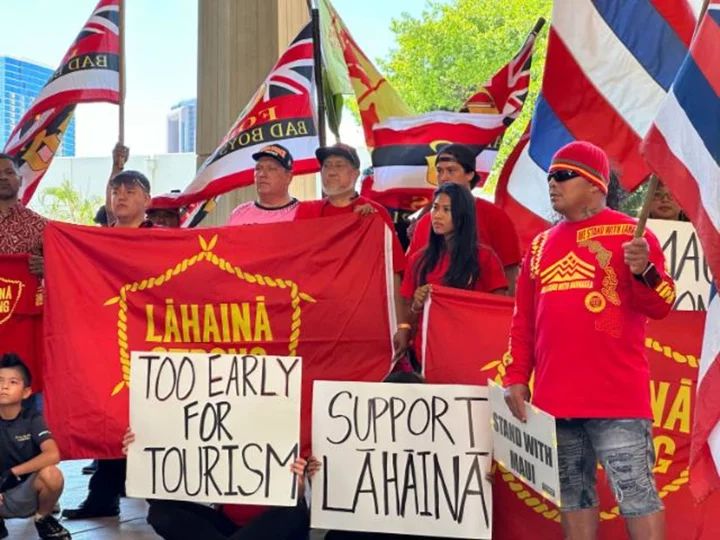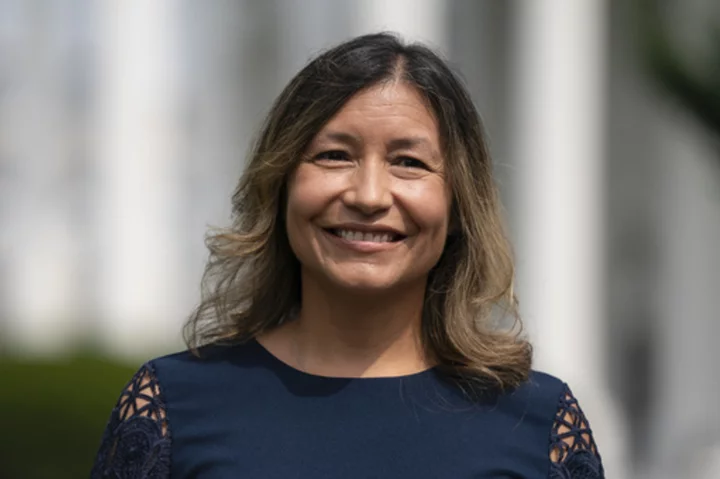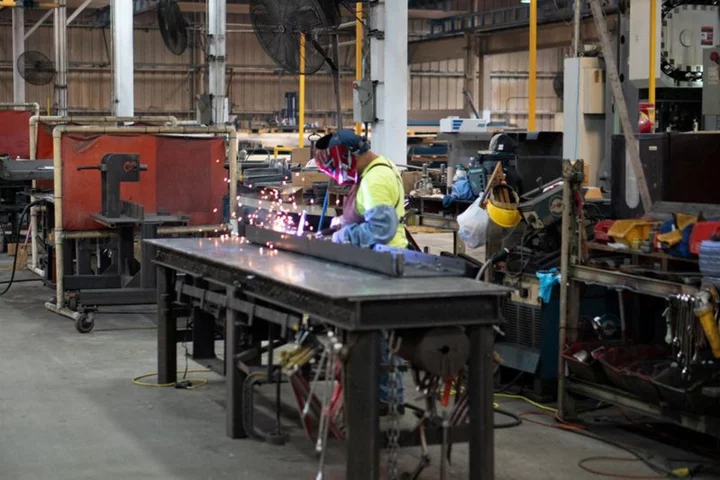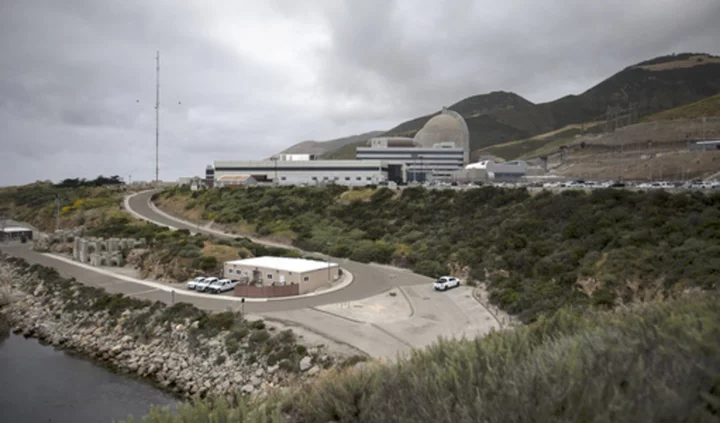By Sabine Siebold and Gwladys Fouche
OSLO Moscow cannot stop Ukraine from becoming a NATO member, the alliance's chief Jens Stoltenberg said on Thursday, as divisions among allies about the speed of Kyiv's accession became apparent only weeks before a decisive mid-July summit in Vilnius.
"All allies agree that Moscow does not have a veto against NATO enlargement," Stoltenberg told reporters as NATO foreign ministers gathered in Oslo, seeking to dispel any signs of discord ahead of the summit.
"We are moving, allies agree that Ukraine will become a member."
Ukrainian President Volodymyr Zelenskiy, speaking at a meeting of more than 40 European leaders in Moldova, said Kyiv wanted to receive a "clear" decision on its future in NATO at the summit.
NATO agreed in 2008 that Ukraine would eventually join the alliance but leaders have so far stopped short of taking steps, such as giving Kyiv a membership action plan, that would lay out a timetable for bringing Ukraine closer to the military pact.
At the Vilnius summit, NATO leaders aim to send a strong message of support to Kyiv. But with only six weeks to go, pressure is building for allies to find common ground on what exactly to offer Ukraine.
While Kyiv and its closest allies in eastern Europe call for concrete steps to bring Ukraine closer to membership, Western governments such as the United States and Germany are wary of any move that might take the alliance closer to war with Russia.
Lithuania's Foreign Minister Gabrielius Landsbergis said Kyiv had suffered two invasions while waiting for an answer from NATO for 14 years.
"It is high time that we actually sit down and find a very concrete answer as to how Ukraine is going to move closer to NATO and when they become a member of the alliance," he said.
His call was echoed by his Estonian counterpart who urged allies to offer Kyiv a clear path into NATO and provide it with strong security guarantees after the war, in order not to leave any "grey zones" for Russia to exploit.
"Ukraine needs to get a clear path, and the next steps, on how to enter NATO," Estonian Foreign Minister Margus Tsahkna said.
Stoltenberg also called for a framework of security guarantees for Kyiv designed to deter Russia from again taking military action against the country.
Details will still need to be worked out, he said.
Other allies such as Germany and Luxembourg stressed the risks should NATO rush to let Kyiv join, while Hungary stated clearly Ukraine's NATO accession could not be on the agenda at the upcoming summit.
"NATO's open door policy remains in place, but at the same time it is clear that we cannot talk about accepting new members (who are) in the midst of a war," German Foreign Minister Annalena Baerbock said.
Luxembourg's Jean Asselborn warned NATO's mutual assistance clause meant the alliance would enter the war with Russia if it accepted Ukraine as a member while the fighting goes on.
(Reporting by Sabine Siebold, Gwladys Fouche and Terje Solsvik in Oslo, Benoit Van Overstraeten, Bart Meijer and Charlotte Van Campenhout in Brussels, Alezander Tanas in Chisinau, Olena Harmash in Kyiv, Boldizsar Gyori in Budapest; Editing by Bart H. Meijer and Ros Russell)

